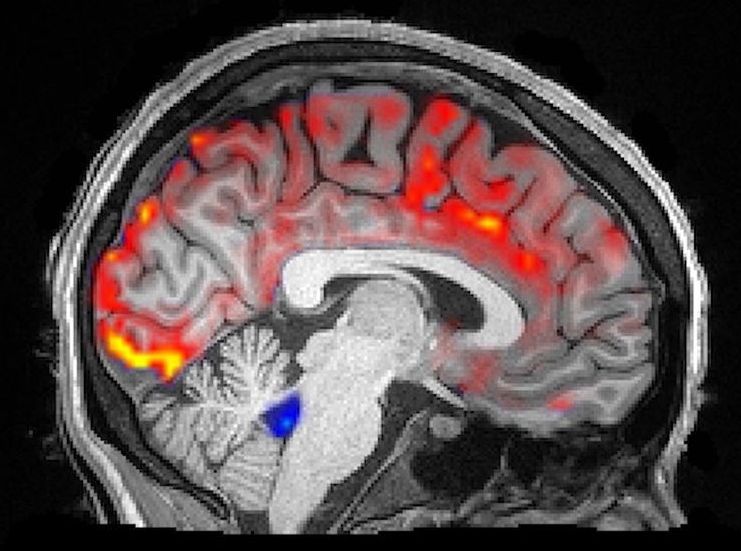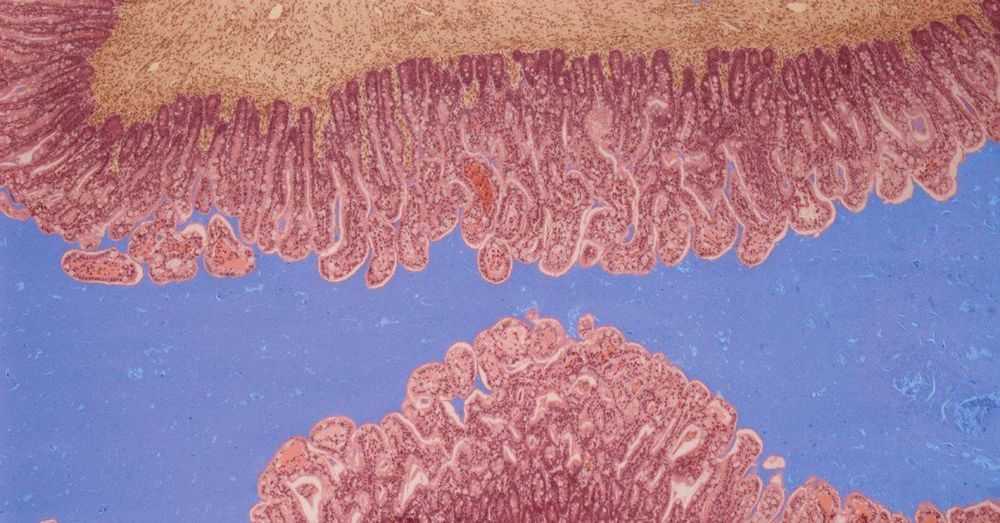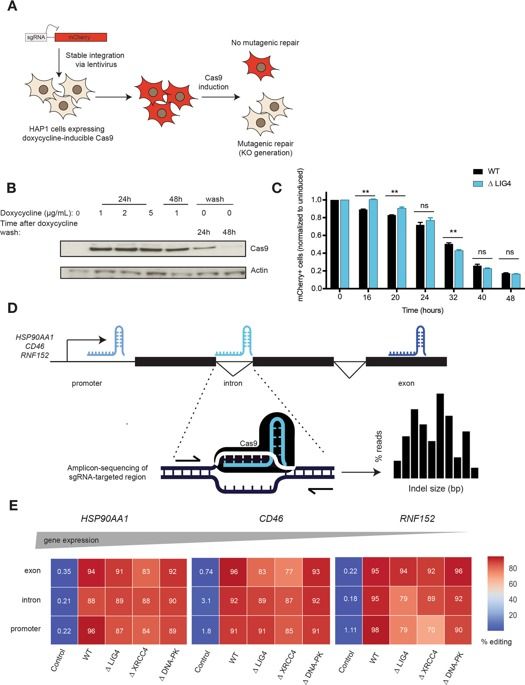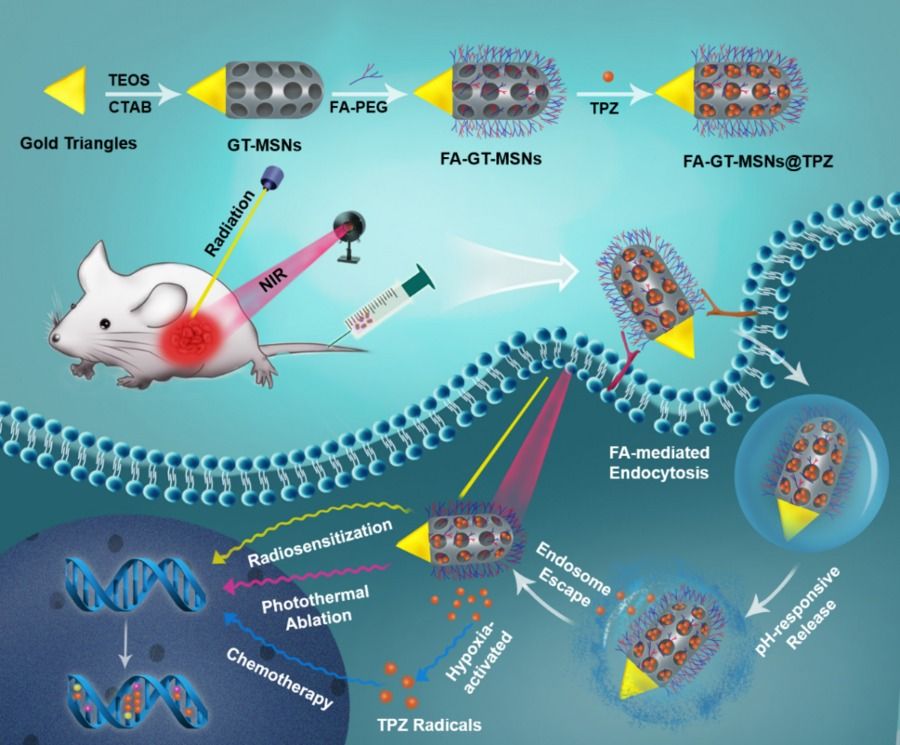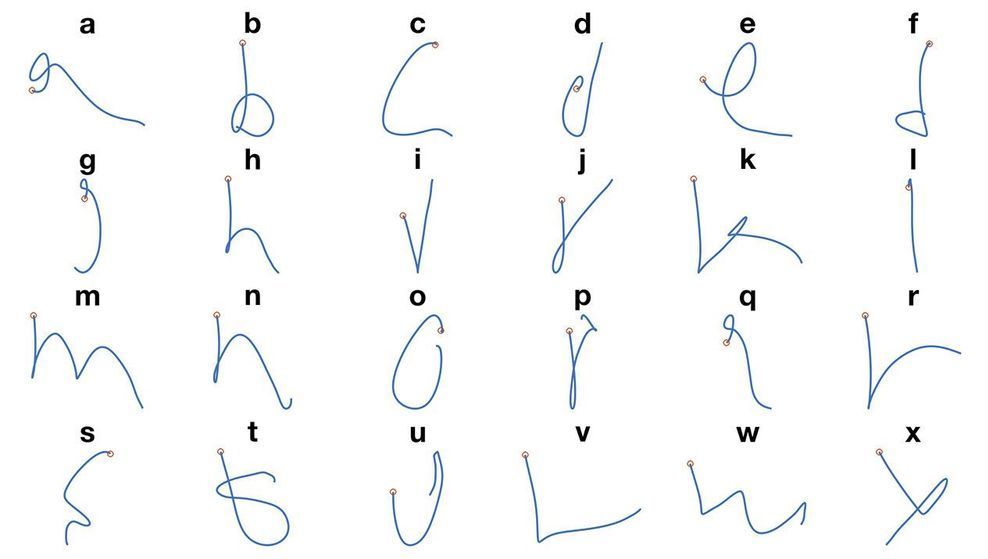We’re continuing to release talks from Ending Age-Related Diseases 2019, our highly successful two-day conference that featured talks from leading researchers and investors, bringing them together to discuss the future of aging and rejuvenation biotechnology.
Sree Kant of Life Biosciences discussed investment and R&D in an aging world, demonstrating the necessity of rejuvenation biotechnology in keeping people over the age of 65 healthy and productive. He showed that we need effective treatments for the root causes of aging rather than just downstream conditions, bringing up the necessity of a broad rejuvenation ecosystem that uses VC and other investment to fund companies that focus on these root causes.
